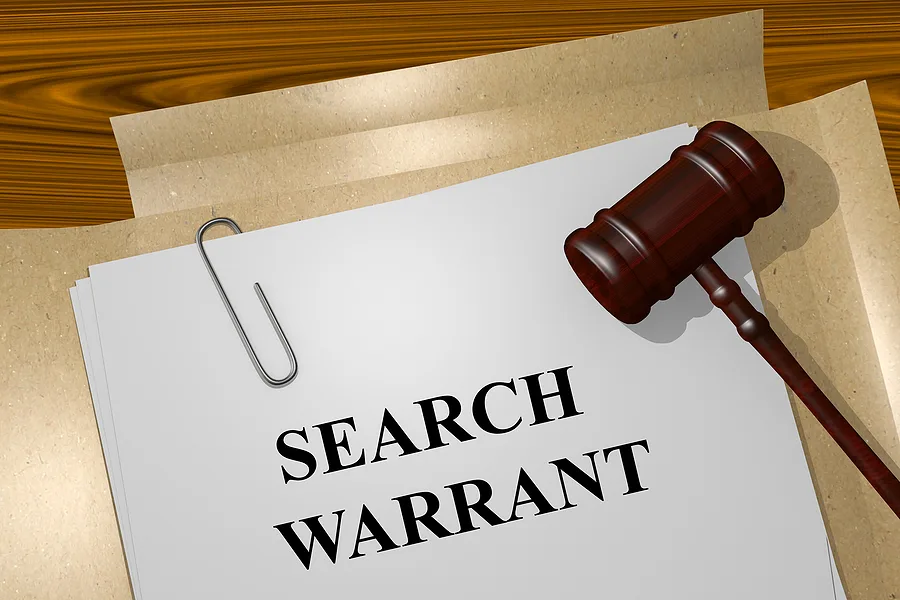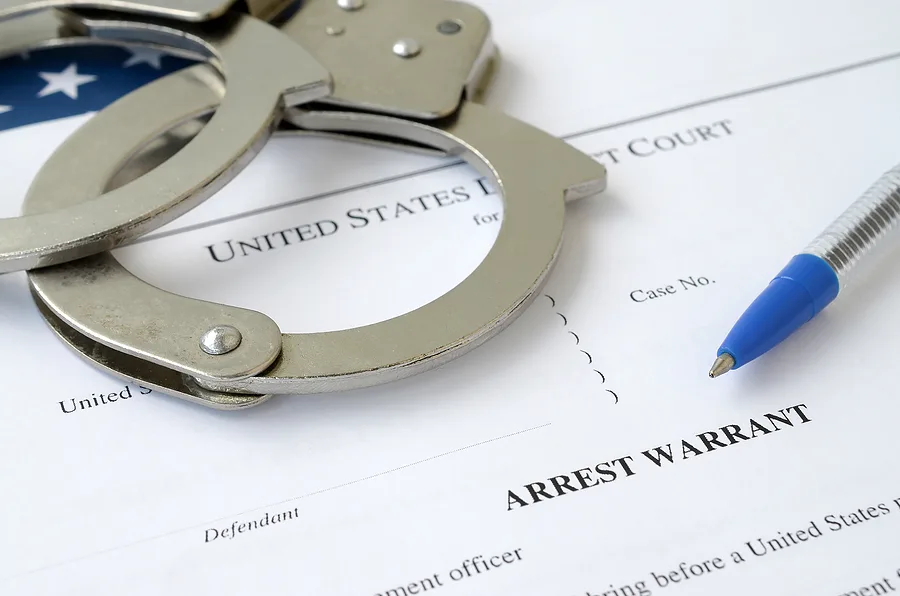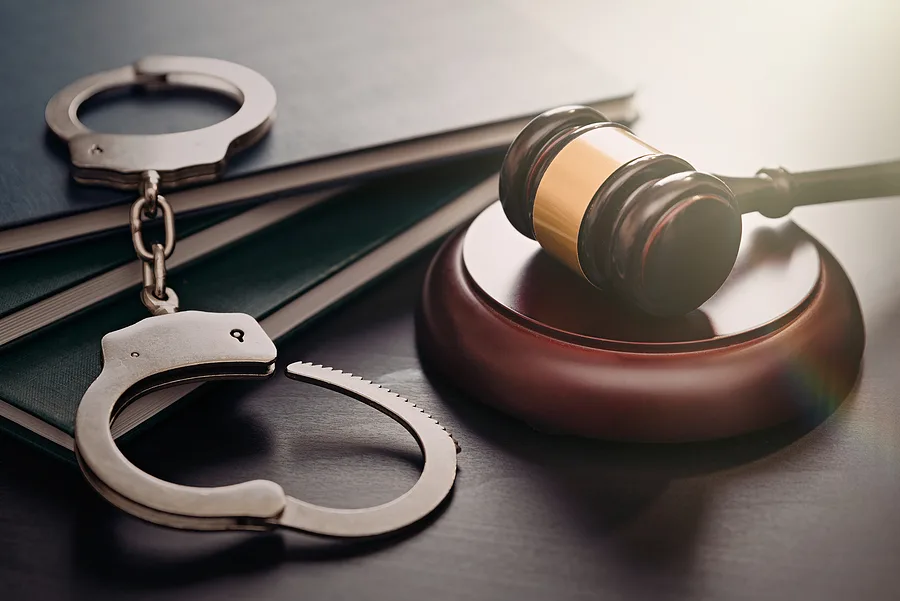Should You Tell Your Lawyer If You Are Guilty?
If you were arrested and have been charged with committing a crime, you are undoubtedly worried about the outcome of your case and how that will impact your future. Having an experienced criminal defense attorney on your side is the key to protecting your rights and future; however, you may be unsure about your relationship with your attorney. Specifically, you may be wondering whether you should tell your lawyer if you are guilty.
Am I Required to Tell My Lawyer If I Am Guilty?
The U.S. Constitution prohibits you from being compelled to admit guilt to anyone, including your attorney. Therefore, you are never required to admit guilt to your attorney.
Understanding the Job of a Criminal Defense Attorney
If this is your first brush with the criminal justice system, you may wonder how your criminal defense attorney can defend you if he/she doesn’t know whether you are guilty or not. The key is to understand the job of a criminal defense attorney. Your lawyer’s job is to prevent a conviction, when possible, by evaluating and questioning the State’s evidence against you. Remember, the prosecutor bears the burden of proving your guilt beyond a reasonable doubt. As such, your actual guilt or innocence is not the issue. At issue is whether the State can prove your guilt. Consequently, your criminal defense attorney does not necessarily need to know whether you committed the crime you are accused of committing in order to successfully do his/her job.
Will My Lawyer Ask Me If I Am Guilty?
Many defendants are surprised that their lawyer never asks them if they are guilty. In fact, there are strategic and ethical reasons why your lawyer may intentionally not ask you if you are guilty. One of those is that your lawyer cannot knowingly allow a client to commit perjury. That means that if you admit guilt after being asked, your lawyer cannot then put you on the stand and allow you to testify to your innocence.
While your lawyer may not directly ask you if you are guilty, your lawyer will ask you numerous other important questions. Providing honest answers is crucial if you want your lawyer to provide you with the best defense possible. Remember that your attorney is bound by attorney-client privilege, meaning that (with very rare exceptions) your attorney cannot disclose anything you share with him/her to anyone.
When Should I Admit My Guilt to My Lawyer?
Knowing that you are never required to admit guilt and that your lawyer will likely not ask you if you are guilty, you may be wondering if there are ever times when you should admit guilt to your lawyer. Ultimately, it is your decision; however, keep in mind that if you do decide to admit your guilt, your attorney will likely be unable to put you on the stand to testify if your case goes to trial. Typically, the only situation wherein admitting your guilt makes sense is when you are certain you wish to enter into a guilty plea agreement with the State and you need your lawyer to negotiate favorable terms for the agreement. In that case, you will be required to admit guilt for the judge to accept the agreement, making an admission not just harmless, but necessary.
Will My Lawyer Still Defend Me If I Am Guilty?
Absolutely! The focus of a criminal defense attorney is more on ensuring that your rights are not violated during the prosecution of your case and on forcing the prosecution to fulfill their burden of proving guilt beyond a reasonable doubt. If evidence was obtained via an illegal search, for example, your attorney will attempt to get that evidence excluded from trial because that is a violation of your Constitutional rights. The State should not be allowed to secure convictions at the expense of anyone’s rights, regardless of a defendant’s guilt or innocence.
What Should I Do If I Am Facing Criminal Charges in Las Vegas?
If you were arrested and charged with committing a criminal offense in Las Vegas, consult with an experienced criminal defense attorney at The Vegas Lawyers as soon as possible to discuss your legal options and defenses. Call us at 702-707-3000 or contact us online.








